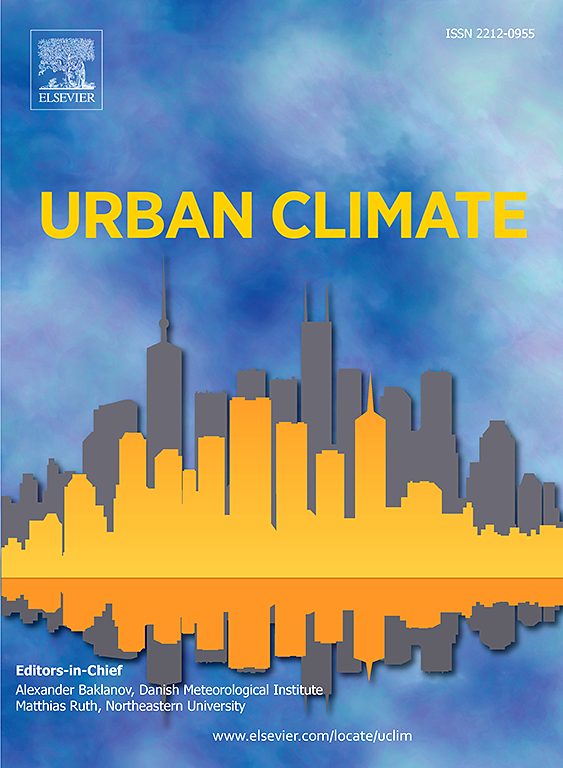Ambient temperature-related attributable risk for emergency asthma hospitalizations and length of stay in Hong Kong
IF 6.9
2区 工程技术
Q1 ENVIRONMENTAL SCIENCES
引用次数: 0
Abstract
We aimed to examine the association of ambient temperature with asthma exacerbations and assess the temperature-attributable disease burden changes. Daily count of asthma emergency hospitalizations and corresponding length of hospital stay, daily mean temperature, relative humidity, and air pollution concentrations from 2004 to 2019 in Hong Kong were collected. Time-series quasi-Poisson model integrated with the distributed-lag-nonlinear model was used to examine the relationships of temperature with asthma hospitalizations and length of stay. Measures of the risk attributable to nonoptimal temperature were calculated to summarize the disease burden and hospital utilization for periods of 2004–2011 and 2012–2019, respectively, and compared the temporal changes. Significantly higher risks at cold/cool temperatures for both admission counts and bed-days were found. Around 19.7 % (95 % CI: 14.1–24.3 %) of hospitalization counts and 22.6 % (95 % CI: 15.5–28.4 %) of bed-days were attributed to ambient temperature, which mainly occurred on cold and cool days. Compared with the early period of 2004–2011, the cold temperature-related attributable fraction in 2012–2019 decreased from 11.0 % to 8.9 % (p = 0.005) for admission counts but increased from 10.8 % to 12.6 % (p = 0.003) for bed-days. Hospital utilization and expenditure due to the longer hospital stays during cold days would play an adverse role in the healthcare system.

环境温度与哮喘紧急住院的归因风险及在港逗留时间
我们的目的是研究环境温度与哮喘恶化的关系,并评估温度导致的疾病负担变化。收集2004年至2019年香港哮喘急诊住院日计数及相应住院时间、日平均温度、相对湿度和空气污染浓度。采用时间序列拟泊松模型结合分布滞后非线性模型,考察温度与哮喘住院和住院时间的关系。计算非最优温度归因风险度量,分别总结2004-2011年和2012-2019年期间疾病负担和医院利用率,并比较其时间变化。在寒冷/凉爽的温度下,入院人数和卧床天数的风险都明显更高。约19.7% (95% CI: 14.1 ~ 24.3%)的住院天数和22.6% (95% CI: 15.5 ~ 28.4%)的卧床天数归因于环境温度,主要发生在寒冷和凉爽的天气。与2004-2011年早期相比,2012-2019年与寒冷温度相关的归因比例从入院数的11.0%下降到8.9% (p = 0.005),但从住院日的10.8%上升到12.6% (p = 0.003)。由于寒冷天气住院时间较长,医院的利用和支出将对医疗保健系统产生不利影响。
本文章由计算机程序翻译,如有差异,请以英文原文为准。
求助全文
约1分钟内获得全文
求助全文
来源期刊

Urban Climate
Social Sciences-Urban Studies
CiteScore
9.70
自引率
9.40%
发文量
286
期刊介绍:
Urban Climate serves the scientific and decision making communities with the publication of research on theory, science and applications relevant to understanding urban climatic conditions and change in relation to their geography and to demographic, socioeconomic, institutional, technological and environmental dynamics and global change. Targeted towards both disciplinary and interdisciplinary audiences, this journal publishes original research papers, comprehensive review articles, book reviews, and short communications on topics including, but not limited to, the following:
Urban meteorology and climate[...]
Urban environmental pollution[...]
Adaptation to global change[...]
Urban economic and social issues[...]
Research Approaches[...]
 求助内容:
求助内容: 应助结果提醒方式:
应助结果提醒方式:


